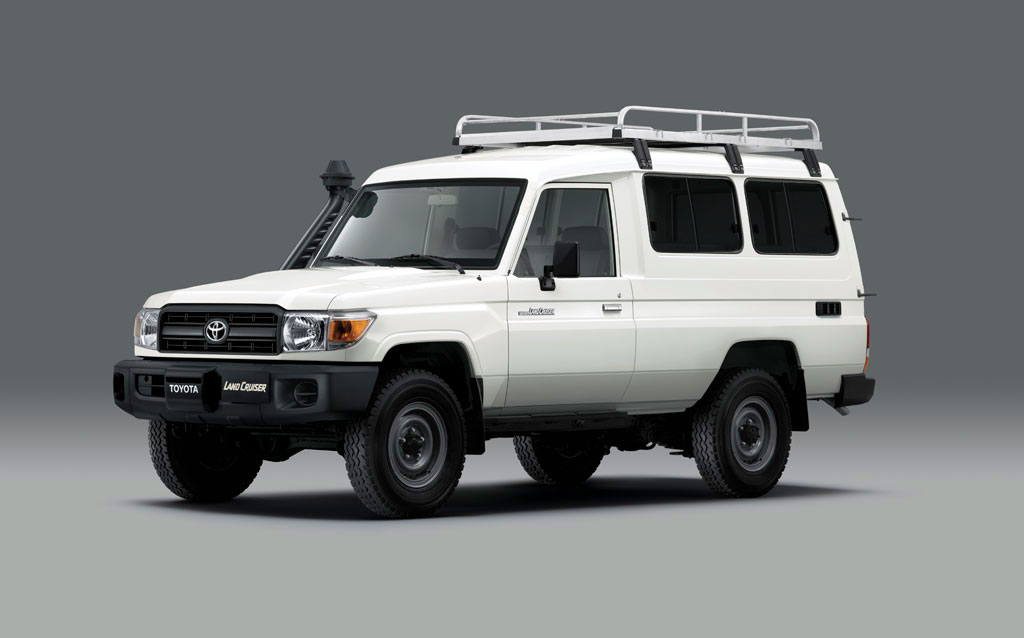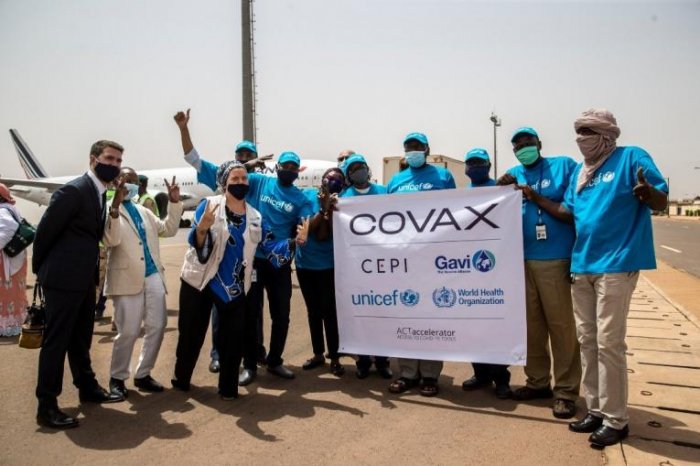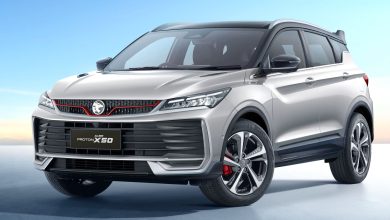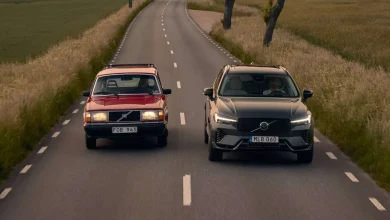Toyota Equips Land Cruiser With Fridge To Deliver Vaccines

This modified Land Cruiser is in fact the world’s first 4×4 to be certified by WHO for vaccine delivery.
You sometimes really got to just tip your hat off to Toyota because while nearly every other automaker was hogging the media spotlight with April fools related marketing stunts, what the Japanese auto giant has done instead recently is quietly announced something that could quite literally change the world for the better.
Right at the end of March, Toyota has unveiled a specially modified Land Cruiser 78 with a refrigerator out the back that will be used to deliver vaccines to remote areas. A collaborative effort between the Japanese automaker, Toyota Tsusho Corporation and B Medical Systems, this rather special off-road ready SUV is incidentally also the first refrigerated 4×4 in the world to obtain the World Health Organisation’s (WHO) performance, quality and safety prequalification for vaccine delivery.
Assembled by Toyota Customizing & Development Co., there really is nothing out of the ordinary with the base car, as aside from a snorkel and a roof rack, it is in essence just a bone-stock Land Cruiser 78. A car which is in itself is just the long wheelbase commercial variant of the iconic 70 Series model of Toyota’s legendary 4×4 which has been in continuous production since 1984.

What is unique about these ‘Vax Cruisers’ however is the B Medical Systems’ CF850 vaccine refrigerator that occupies the rear two-thirds of this Toyota. Capable of swallowing 400 vaccine packages in its 396-liters of storage capacity, this fridge is also hooked up to an ‘independent battery’ that will keep the vaccines cool (between 2ºC and 8ºC) for about 16 hours without a power supply and can be charged up when the vehicle is on the move or by an external power source. The perfect thing therefore for a vaccine transporter that will regularly be heading deep into the wilderness.

According to the WHO, approximately 20% of the vaccine supply sent into these developing countries become unusable before reaching the end patient due to the lack of any proper means of controlled-temperature distribution in these regions. This thus has the unfortunate consequence of a staggering 1.5 million children deaths annually from vaccine preventable diseases (VPD).
So the hope now then is for these go-anywhere, legendarily reliable, fridge-equipped Land Cruisers to be a significant part the solution to this health and humanitarian crisis. Not just with the vaccine deliveries for the coronavirus as part of the COVAX program its currently put to work for, but other vaccines too that require that require refrigeration during the transportation.

PRESS RELEASE: Toyota Tsusho Corporation (“Toyota Tsusho”), Toyota Motor Corporation (“Toyota”), and B Medical Systems S.à r.l. (“B Medical Systems”) announced today that the vehicle with a dedicated refrigerator for transporting vaccines at the appropriate temperatures developed jointly by the three companies has obtained Performance, Quality and Safety (PQS) prequalification for quality of medical devices and equipment as set by the World Health Organization (“WHO”). The company registered for the prequalification is Toyota Tsusho and this is the first refrigerated vehicle for vaccines in the world that has obtained PQS prequalification.
- Background
Vaccination is an effective measure against infectious diseases. General mandatory vaccines for infants usually require storage at 2 to 8°C, and cannot be used if not stored under proper temperature management. Although developing countries receive assistance from international agencies such as GAVI, the Vaccine Alliance and UNICEF for the supply of vaccines, approximately 20% of the volume supplied (equivalent to JPY 40 billion per year) are disposed annually because they become unusable due to temperature changes during transportation when distributing to hospitals and clinics within the respective countries, as the road infrastructures are inadequate and there is no proper means for refrigerated transportation. Each year, the lives of 1.5 million children are lost to vaccine preventable diseases (VPD) with insufficient effective utilization of vaccines being one of the reasons.
- WHO’s PQS and Significance of Prequalification
PQS is a system for the qualification of medical devices and equipment by WHO that was established to promote the development of medical devices and equipment applicable for the United Nations’ procurement as well as to set quality standards. Medical devices and equipment which have obtained PQS prequalification also meet the equipment selection standards of agencies related to the United Nations and leading NGOs and charity organizations.
Also, it is easier for developing countries without their own qualification system for medical devices and equipment to receive support for transportation equipment procurement by using PQS as the qualification standard, and effective use of vaccines can be expected.
This initiative contributes to the effective use of vaccines, addressing a social issue in developing countries. At the same time, it has the significance of being able to demonstrate initiative in the field of global health transportation. In addition, this refrigerated vehicle for vaccines can now be used under the international framework COVAX, which seeks to distribute vaccines for COVID-19 fairly to developing countries, and its use as a means of transportation for COVID-19 vaccines can also be expected.
- Overview of Refrigerated Vehicle for Vaccines
The features of the refrigerated vehicle for vaccines which obtained PQS prequalification this time are as follows:
- The base vehicle is Toyota Land Cruiser 78, which is equipped with the B Medical Systems’ CF850 vaccine refrigerator.
- The refrigerator has a storage capacity of 396 liters, or 400 vaccine packages.
- With its independent battery, the refrigerator can be operated for approximately 16 hours without a power supply.
- The refrigerator can be charged by the vehicle while driving and from an external power source when parked.
- Roles of Each Company
- Toyota Tsusho uses the knowledge and awareness of issues developed through business in Africa to provide the refrigerated vehicle for vaccines as the company obtaining PQS prequalification.
- Toyota provides the Toyota Land Cruiser 78.
- B Medical Systems provides the CF850 vaccine refrigerator.
- Toyota Tsusho Group company CFAO SAS and Toyota Group company TOYOTA CUSTOMIZING & DEVELOPMENT Co., Ltd. conduct vehicle installation and conversion.
“We aim to deliver Safety and Security”
For this project, Toyota Tsusho, Toyota, and B-Medical Systems, have joined forces with the same goal in mind. We will continue to make efforts so that the obtainment of PQS for the refrigerated vehicle for vaccines will contribute to the Safety and Security of the region.




